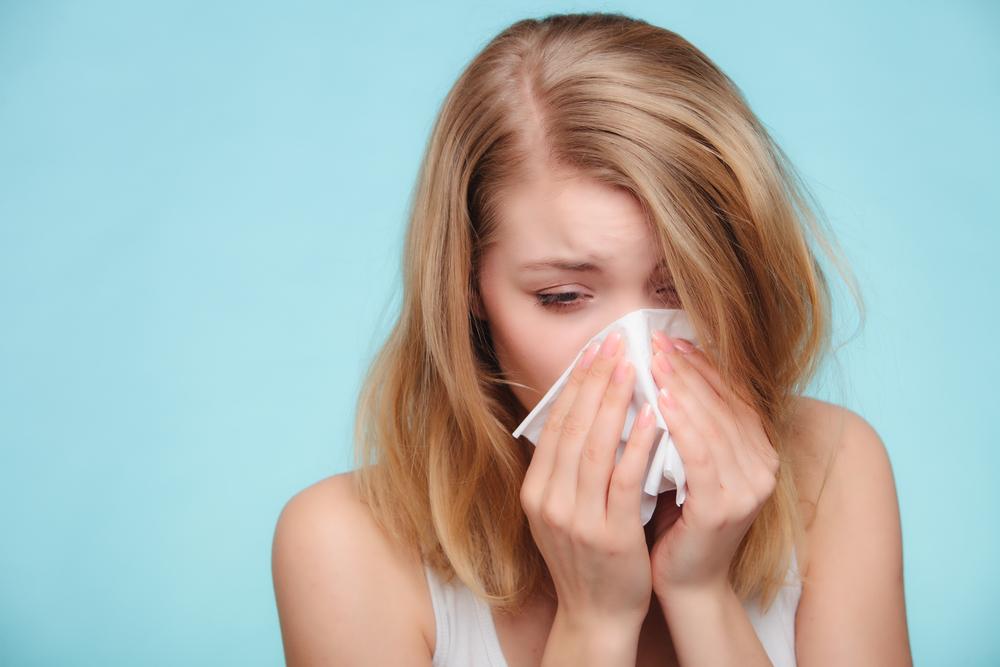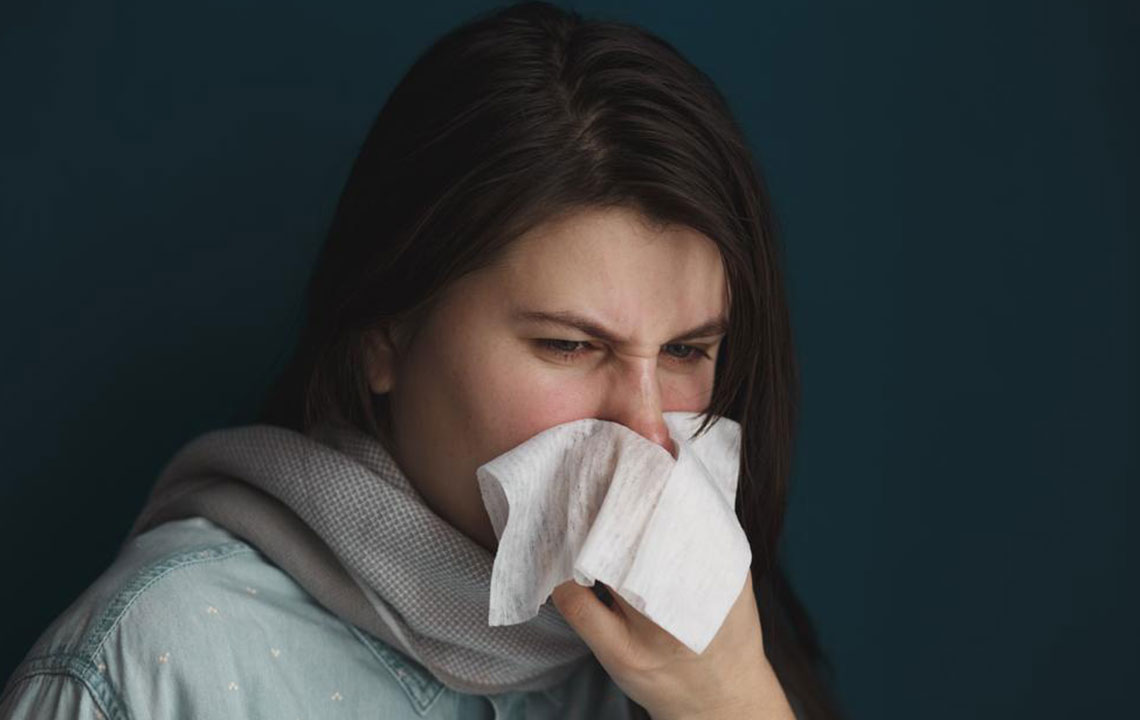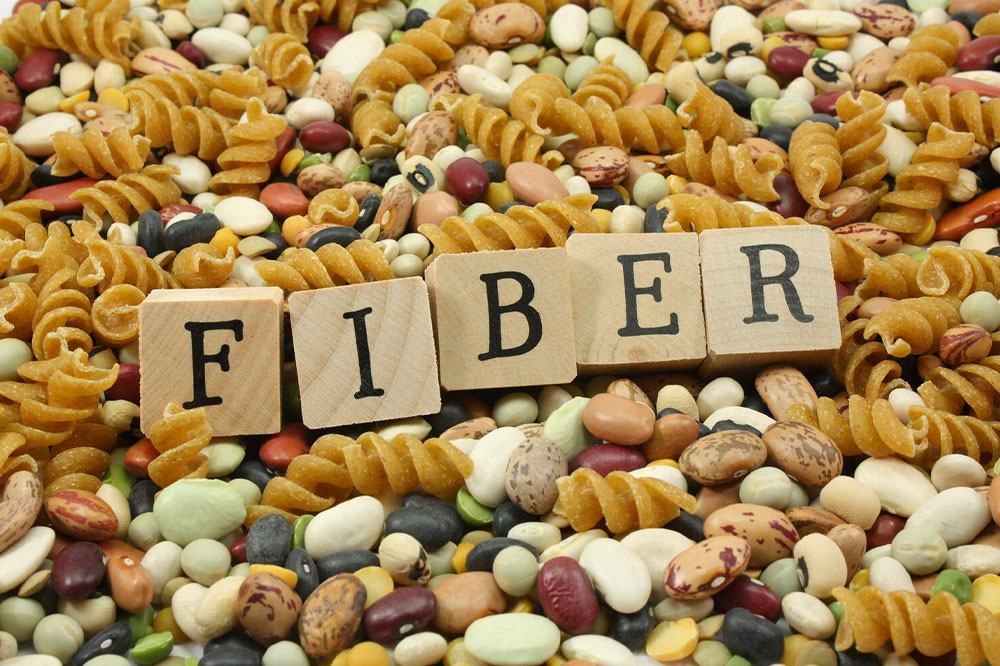Comprehensive Guide to Relieving the Symptoms of the Common Cold and Enhancing Recovery
Learn comprehensive strategies to alleviate common cold symptoms, including effective remedies, lifestyle tips, and preventive measures. Discover how to manage congestion, cough, fever, and fatigue to recover faster and prevent complications, ensuring you stay healthy during cold seasons.

Effective Strategies to Relieve Cold Symptoms and Promote Faster Healing
The common cold is a widespread viral infection affecting millions of individuals worldwide each year. It is characterized by a set of uncomfortable symptoms such as fever, fatigue, cough, nasal congestion, sore throat, and body aches, all of which can seriously disrupt daily routines and work productivity. Understanding how to effectively manage these symptoms is crucial for not only easing discomfort but also preventing complications and speeding up recovery.
Since colds are highly contagious, especially in crowded environments like schools, offices, and public transportation, taking preventive measures is essential. Isolating oneself during the initial phase of symptoms and practicing good hygiene can significantly reduce transmission risks. Additionally, bolstering your immune system through balanced nutrition, adequate sleep, and stress management helps in defending against future infections.
In cases where symptoms persist beyond a week or worsen, consulting a healthcare professional is advisable. Healthcare providers can determine if bacterial superinfection, sinusitis, or allergies are complicating the viral illness, and prescribe appropriate treatments. Recognizing triggers such as allergens, pollutants, or environmental irritants is also important in preventing repeated episodes of cold symptoms.
Managing symptoms efficiently involves a variety of remedies and lifestyle adjustments. Here are proven methods to alleviate common cold symptoms and support your recovery process:
Vaporization and Steam Inhalation: Using a vaporizer infused with menthol or eucalyptus can quickly open nasal passages and reduce congestion. Inhalation of warm steam helps soothe inflamed mucous membranes, providing immediate relief from nasal blockage.
Medication Under Medical Supervision: Antibiotics are only effective against bacterial infections and should be prescribed by a healthcare professional to avoid misuse. Over-the-counter medications like acetaminophen or ibuprofen can help reduce fever and body aches.
Decongestants and Nasal Sprays: Decongestant pills and sprays constrict blood vessels in nasal passages, easing congestion. Saline nasal sprays are a gentle option to rinse out mucus and hydrate nasal tissues, but should be used as directed to prevent rebound congestion.
Antihistamines: These are particularly useful if allergy components exacerbate your cold symptoms, such as watery eyes or sneezing. However, some antihistamines cause drowsiness, so use them cautiously.
Cough Management: Cough suppressants and throat lozenges can provide temporary relief from persistent coughing. Lozenges with soothing ingredients like honey or menthol are especially effective.
Hydration and Nutrition: Staying well-hydrated is vital—drink plenty of water, warm teas, or broths to thin mucus and promote clearance. Consuming foods rich in antioxidants, such as citrus fruits, berries, and leafy greens, supports immune function.
Home Remedies and Climate Control: Warm compresses over the nose or sinus areas can relieve pressure and congestion. Gargling with warm salt water soothes sore throat, while maintaining a humid environment reduces nasal dryness and irritation. Using a humidifier in dry environments can keep nasal passages moist and enhance recovery.
Rest and Stress Reduction: Adequate sleep and stress management are crucial for immune resilience. Giving your body time to heal ensures a quicker recovery from cold symptoms.
Identifying and Avoiding Triggers: Recognize personal triggers such as pollen, dust, or pollution, and minimize exposure whenever possible. Implementing measures like using air purifiers and maintaining cleanliness can reduce inhalation of irritants.
By combining these strategies—proper medication, home remedies, lifestyle adjustments, and preventive measures—you can effectively manage cold symptoms, reduce discomfort, and support your body's natural healing process. Remember, early intervention and consistent self-care are key to overcoming the common cold quickly and efficiently.




